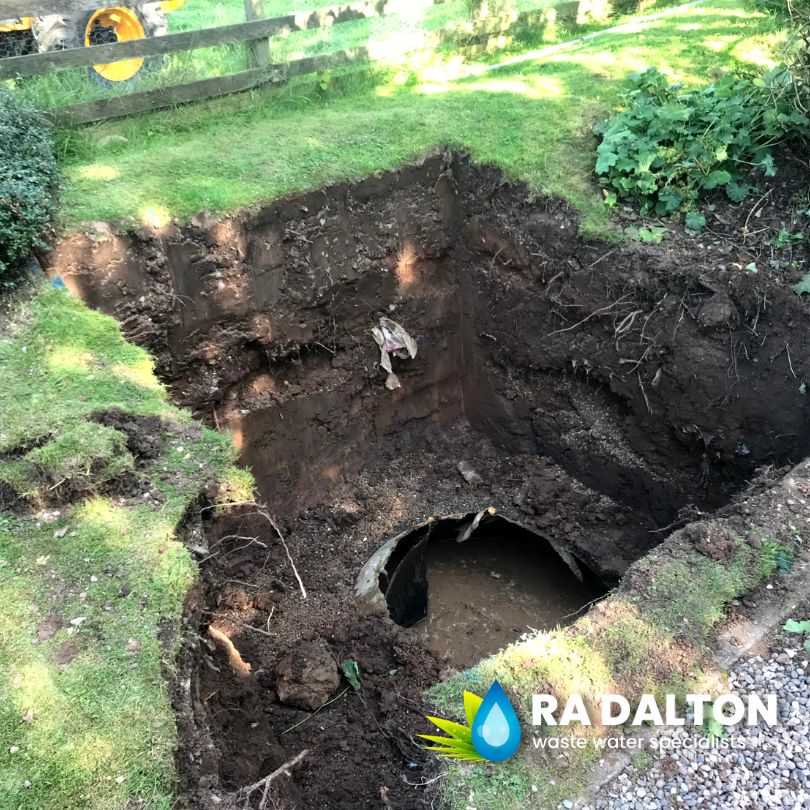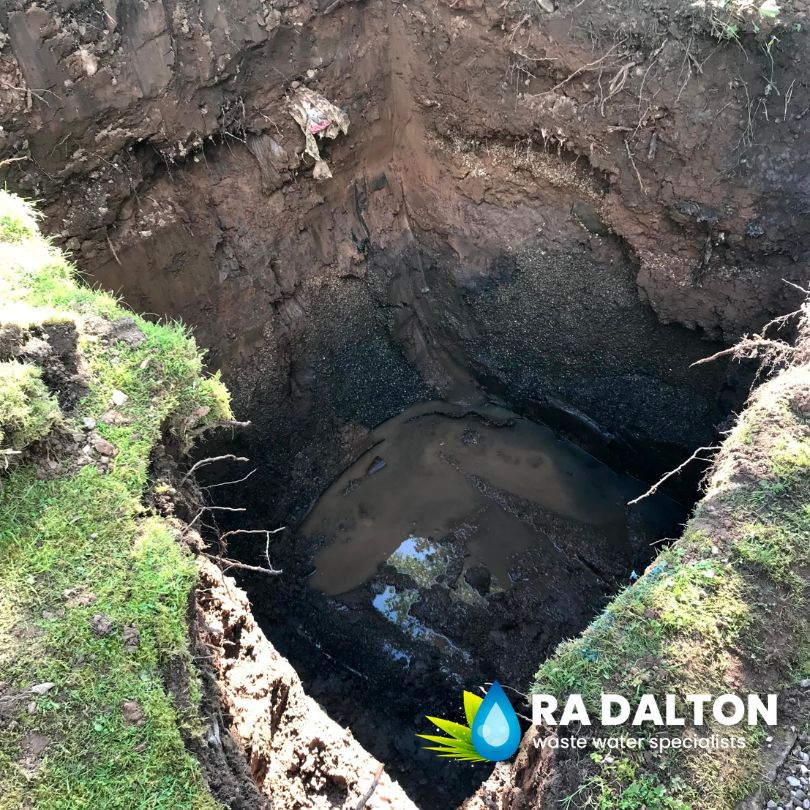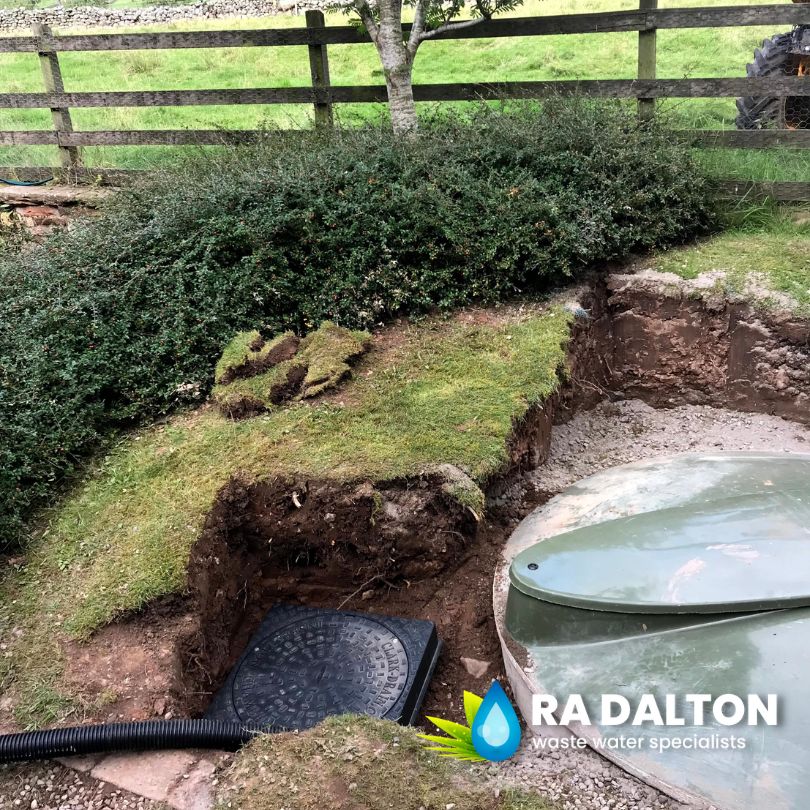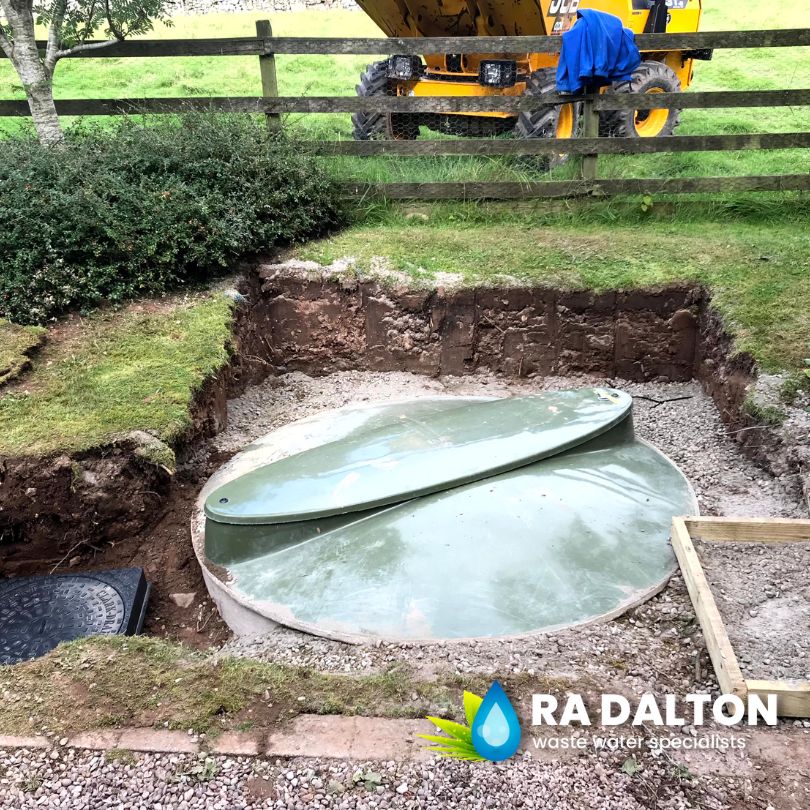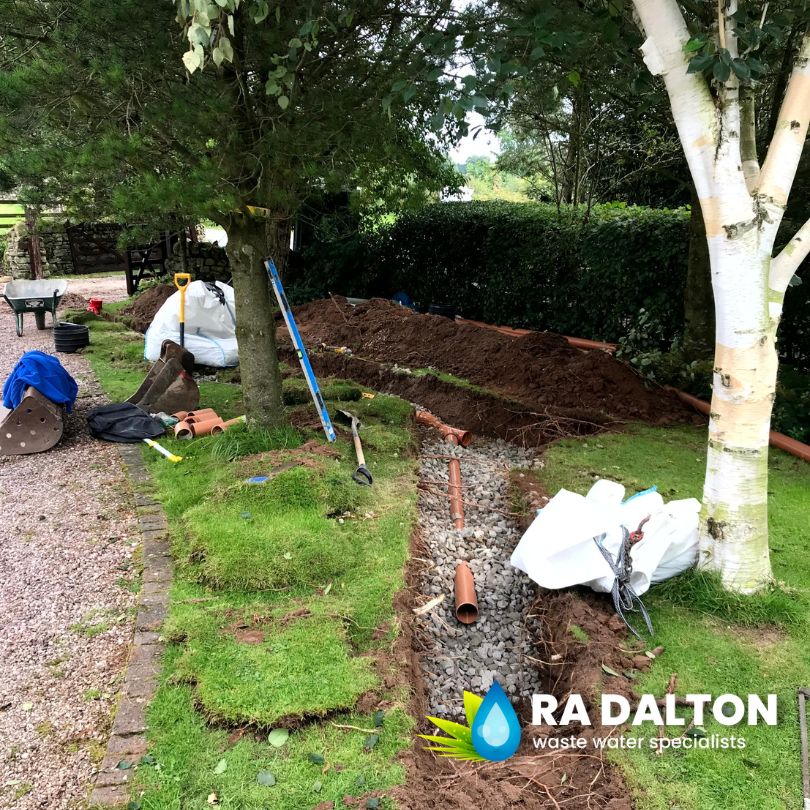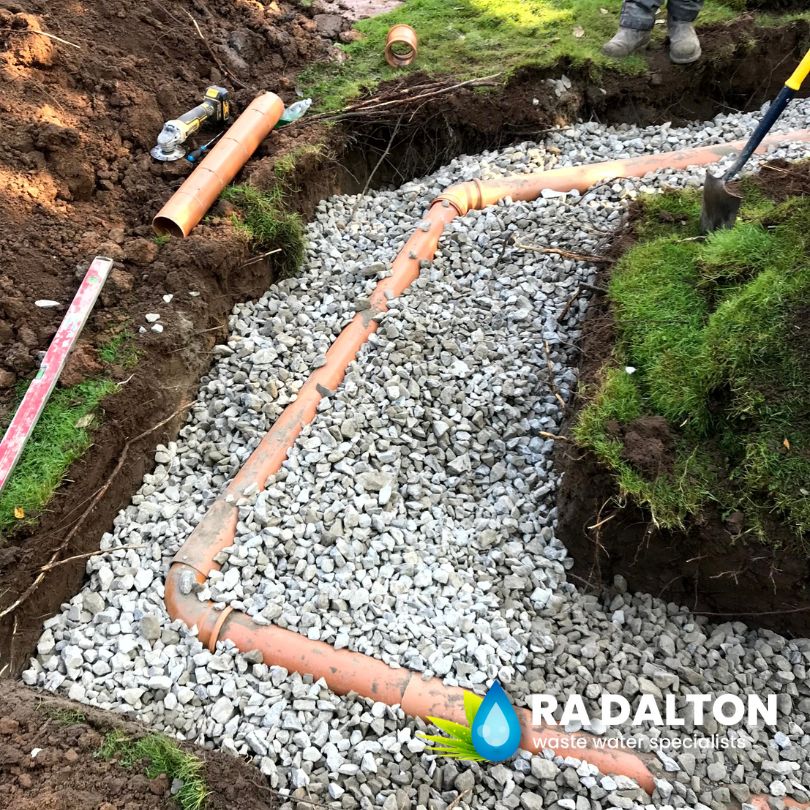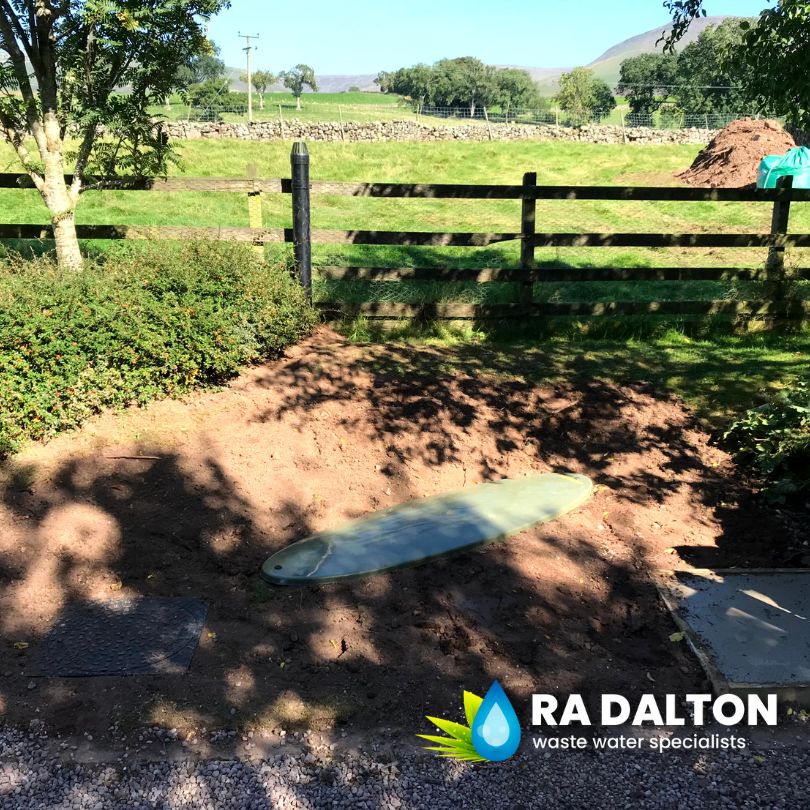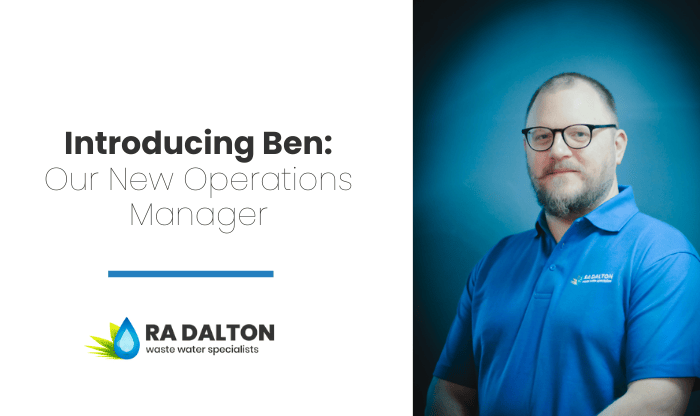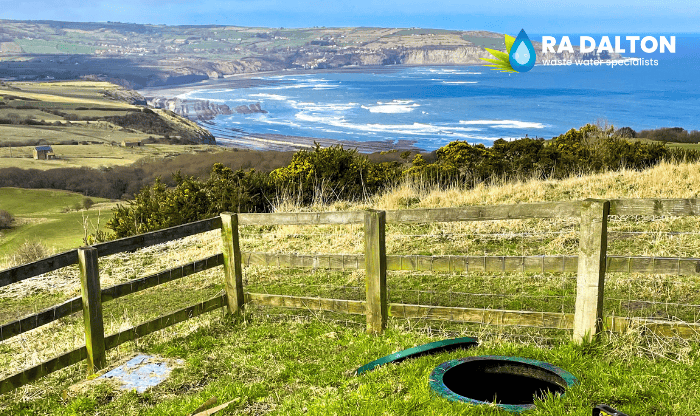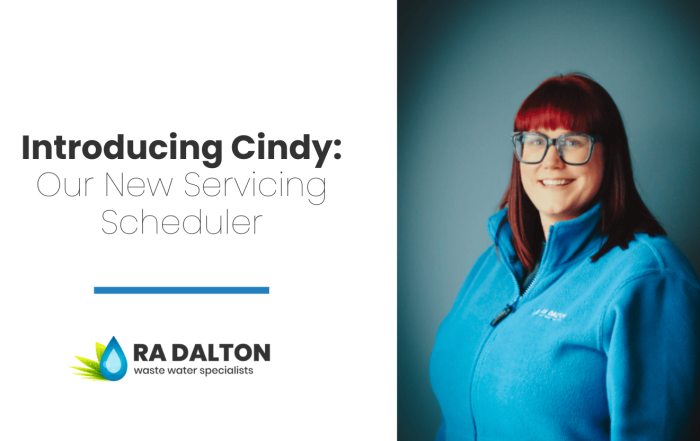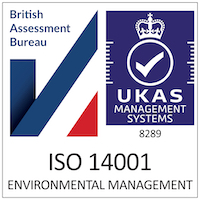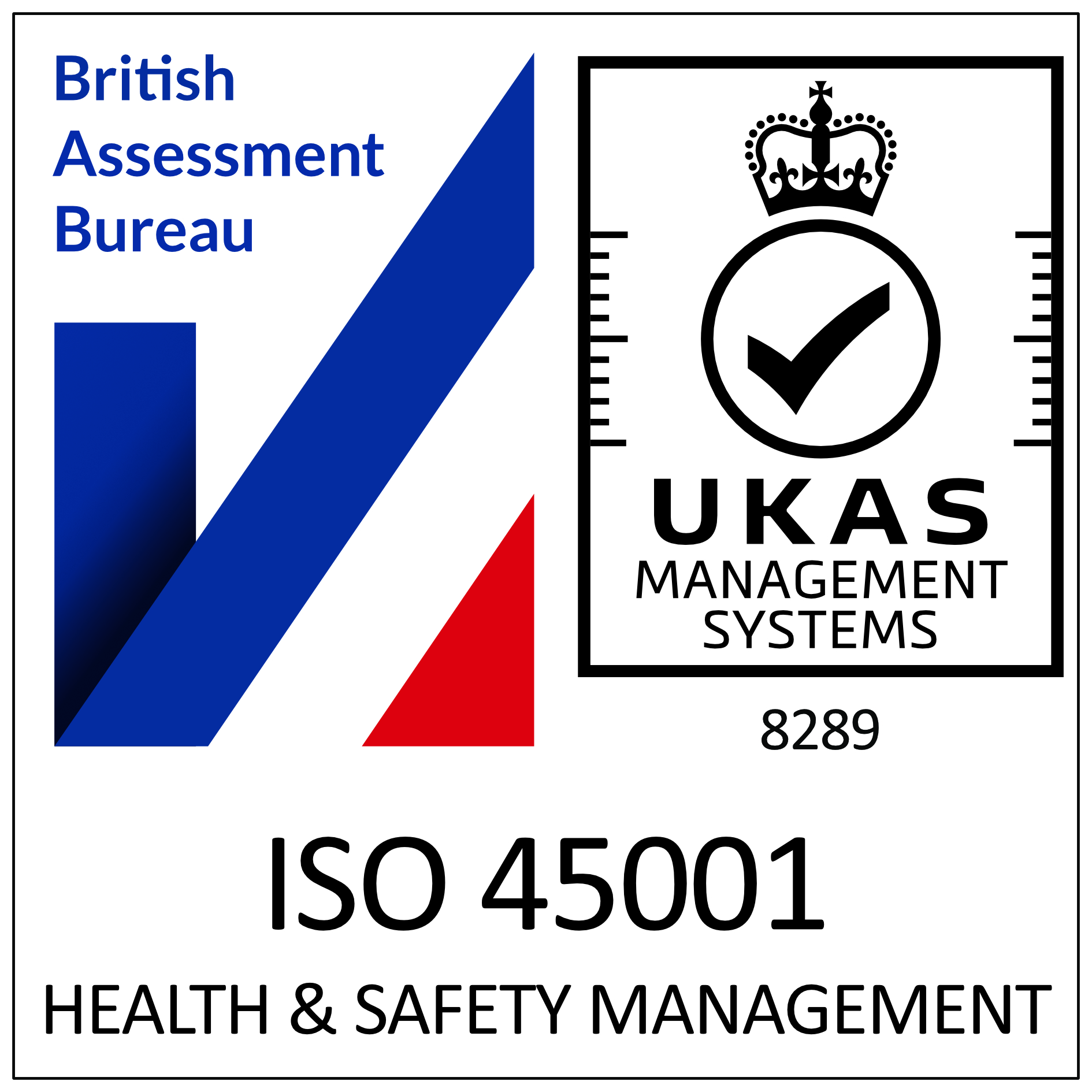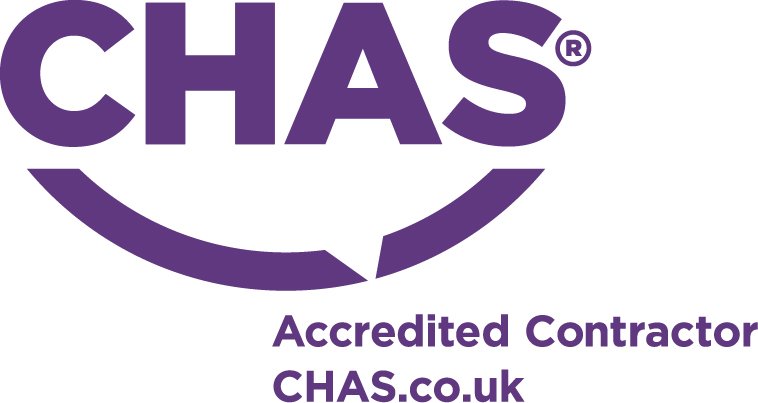Latest sewage & wastewater news
RA Dalton Ltd are the Klargester number one accredited installer covering the whole of the UK.
Site restrictions and failed septic tanks
Regardless of the size of your property or the space you have available, a working wastewater system is essential for the everyday function of your household; this system must not only be of a suitable operational nature but also needs to comply with the 2020 General Binding Rules. The primary options for handling your site’s wastewater is either connection to mains sewer, installation of a package sewage treatment plant or installation of a septic tank.
Within the current rules and legislation a number of requirements are outlined and these have bearing on the decision you make when selecting a new wastewater system. Wherever possible a connection to mains sewer should be considered, this achieves ultimate compliance with the 2020 GBR. However, this is not always feasible and sometimes off mains drainage is the only way forward.
This is where limited space on site becomes a complicating factor and special consideration needs to be taken on what has been installed. More often than not when we are asked to provide a quotation to replace an existing failed unit on a site with minimal working area we have to consider the possibility that the new system may need to be installed in a similar location if not the same.
Septic tank to Sewage treatment plant
We were recently asked to attend a site in Cumbria where the existing Septic tank had begun to fail and as such was deemed to be non-compliant with current rules and regulations, with no watercourse nearby the only practicable solution was to discharge to a new drainage field still located within the property boundary.
Site was incredibly limited on space with a number of trees on site that needed to be taken into consideration when selecting the installation area. It was soon determined that the best location for the new installation would be in the same location as the old Septic tank.
Due to the proposed outfall being at a higher level we needed to utilise an internal pump system therefore a sewage treatment plant was the only feasible option, based on the space available we opted to recommend the installation of a Klargester BTA1 IPS package sewage treatment plant. This system is more than adequately sized to suit a 3-bedroom property and was BSEN 12566-3 certified to allow for discharge both to ground and to a watercourse.
Percolation test success
Before the exact scope of works could be confirmed we would need to identify if a new soak away could be achieved, therefore percolation tests needed to be undertaken to confirm the suitability and required length.
Test pits were carried out in the garden to the left-hand side of the gravel drive with the subsoils primarily being 700mm deep in dry soil with a range of large and small stones. The average percolation value over the test pits gave us a vP of 15.5.
Based on the British flows and loads we calculated the required drainage field size to be 21 metres in a 900mm wide trench, however for sustainability and to optimise effectiveness we proposed to install a total of 28 metres of new drainage field.
The installation of the Klargester BTA1
Due to the intricacies of the installation, there were a number of things that need to be considered including the excavation of the tank area, as the new unit was to be installed in the same location we needed to undertake some preparation works to facilitate the work.
The first course of action was to have the failed septic tank emptied in full and washed down, once this is done this allowed our lads to excavate down around the old unit for this to be removed from the void and disposed of off site at a registered contaminated waste disposal facility.
Once the appropriate depth had been achieved, we were able to install the new sewage treatment plant in the desired location, this required some of the ground around the new sewage treatment plant to be graded in with excavated spoil.
The drainage on the other hand was more complicated in the fact that a number of trees needed to be negotiated with care taken to avoid any of the routes when laying the MDPE pipework.
Despite the complications in planning and designing this installation the actual groundworks side went without hitch with the due care and dilligence of our site team.

